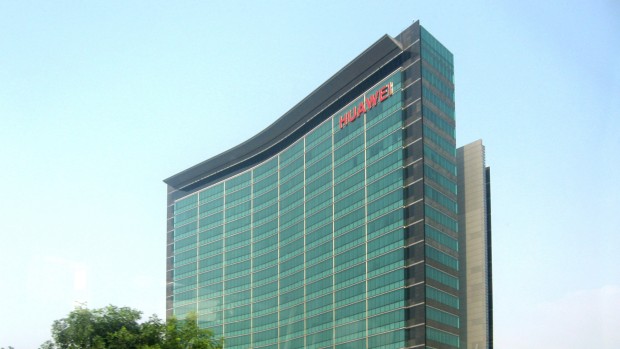Bombarded by sanctions left and right under the administration of former US president Donald Trump, telecommunications equipment giant Huawei is adamant to regain the trust of other market players by boosting its data protection initiatives.

In particular, Huawei revealed the changes in the working environment as well as the emerging security and data protection challenges. Through a virtual webinar entitled “Data protection: Lessons learnt from 2020 and the trends to look out for in 2021,” the company also tackled the predictions for the privacy world that will materialize this year.
Last year, Huawei determined two types of approaches by European regulators regarding data processing and data protection implementation – restrictive and liberal. Since timing for data protection impact assessments (DPIA) are critical, Huawei’s Data Protection Office prepared template DPIAs and categorized country offices into “restrictive” and “liberal” approach to conform with Data Protection Act (DPA) requirements.
In the Freedom of Information Act 2000 (FOIA) decision notice dated June last year of the United Kingdom’s Information Commissioner’s Office, a complainant mentioned in an information request on the involvement of Huawei in the UK’s 5G telecommunications network that there has been little information about the alleged risk posed by the company. The information was requested from the Home Office, the country’s ministerial department for immigration and passports, drugs policy, crime, fire, counter-terrorism and police.
Oliver Dowden, secretary of state for digital, culture, media and sport of the United Kingdom, recently published a 5G Supply Chain Diversification Strategy that explicitly states that the country must never again be dependent on a handful of telecoms vendors. The plan to stop the installation of 5G network equipment from a “high-risk” vendor like Huawei, which was previously given a timetable of until 2027, was bumped up to September this year.
In turn, Huawei is ensuring that it is “staying abreast” of the latest data rulings and regulations as part of building a secure environment for customers. Joerg Thomas, director of Huawei’s Data Protection Office, said that there can be an expected increase in class action-style lawsuits in the personal data space in 2021-22 as aggravated parties view judicial remedy as a potentially faster way to get redress when their data rights are violated.
“Businesses need to be transparent about the transfer locations of personal data and the types of data being transferred, and take into account the legal requirements in the receiving jurisdiction. A return to “basics” is essential — records of processing activities (RoPa), privacy notices and cookies should always be up-to-date and compliant with governing laws. From a long-term sustainable point of view, organizations will need to adopt data minimization and privacy by design and default, and at all times ensure that business continuity management (BCM) plans are in place,” Thomas said.




